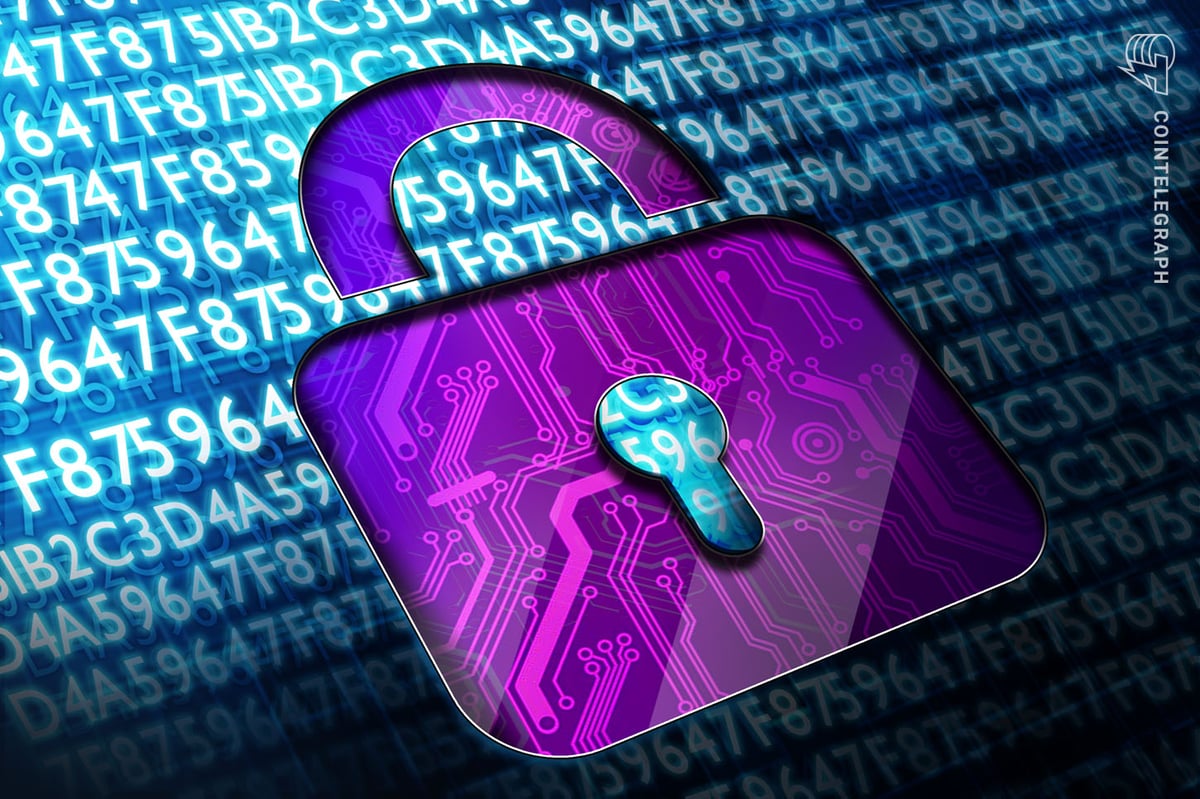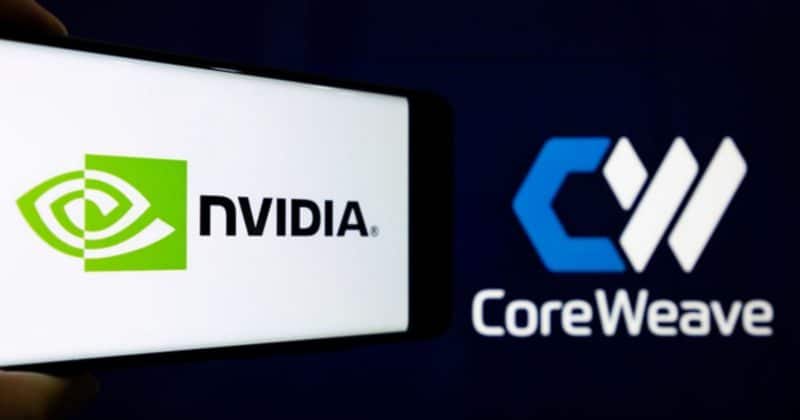In recent
years, the use of blockchain technology in different industries has been
investigated. One use where it has showed considerable promise is in food
traceability. The food sector is one of the world’s largest, and traceability
is critical to maintaining food safety and quality.
It is feasible
to establish an immutable and transparent ledger using blockchain technology
that can be used to trace food goods from farm to fork.
In this post,
we will look at blockchain use cases in food traceability, as well as the
opportunities and challenges that come with its implementation.
Blockchain is a
distributed, decentralized ledger that allows for safe and transparent
record-keeping. It works by constructing a chain of blocks, each of which
contains a series of transactions. Once a block is added to the chain, it
cannot be changed, maintaining the data’s integrity.
Blockchain can
be used in the context of food traceability to produce an immutable record of
every step in the supply chain, from the farm to the retailer. This record may
include information, such as the food product’s origin, preparation and
handling, and distribution.
One of the
primary advantages of blockchain technology is its ability to build a transparent
and auditable supply chain. This means that all supply chain stakeholders have
access to the same information, ensuring that everyone is on the same page.
This can serve to increase trust and collaboration among stakeholders,
resulting in improved outcomes for all parties involved.
Blockchain
Applications in Food Traceability
Food
Security
In the food
industry, food safety is a major concern. By enabling more precise and
efficient tracking of food goods, blockchain technology can assist to improve
food safety. This can aid in the identification and isolation of suspected
sources of contamination or disease, allowing for more targeted recalls and
lowering the danger of large outbreaks.
Efficiency
in the Supply Chain
By offering
real-time visibility into the movement of items, blockchain can assist to
improve the efficiency of the food supply chain. This can aid in waste
reduction, inventory management, and logistics improvement.
Blockchain can
assist to streamline procedures and reduce the time and cost involved with
supply chain management by providing accurate and reliable information.
Consumer
Confidence
Consumers are
getting more sensitive about the origin and quality of the food they eat. By
providing a visible and auditable record of the food product’s journey from
farm to fork, blockchain technology can assist to boost consumer trust.
By displaying a
dedication to quality and safety, this can help to establish brand reputation
and loyalty.
The
Difficulties of Using Blockchain in Food Traceability
While the
potential of blockchain technology in food traceability is obvious, its
application is fraught with difficulties.
Data
Accuracy
Blockchain
technology is dependent on reliable data. If the data entered into the
blockchain is incorrect or incomplete, it can jeopardize the entire system’s
integrity. Ensuring data quality is critical to the success of any
blockchain-based system.
Interoperability
The capacity of
multiple systems to function together effortlessly is referred to as
interoperability. Interoperability is critical in the context of blockchain to
ensure that different parties in the supply chain can access and use the same
data.
Interoperability
can be difficult to achieve since various systems may employ different data
formats and protocols.
Cost
Implementing a
blockchain-based solution can be time- and money-consuming. It can be costly to
build a blockchain network, ensure data quality, and train stakeholders. As a
result, the expense of implementing a blockchain-based solution must be
carefully balanced against the possible benefits.
First Mover Advantage: What Are the Key Success Factors for Implementing Blockchain Food Traceability?
Proponents of
blockchain argue that it could be used to track the movement of food from farm
to table, ensuring that every step of the supply chain is transparent and
secure. However, while blockchain technology has many strengths, it may not yet be
the best solution for food traceability.
The fact is that there are two incredibly large
obstacles that make it very difficult to implement on a large scale. But, one thing is certain: whoever manages to solve these two problems will clear the way for full implementation and will certainly have first mover advantage.
Scalability
One of the biggest
challenges of using blockchain is scalability. And, this doesn’t apply only to food traceability.
The number of
nodes required to maintain the blockchain network increases exponentially with
the size of the supply chain. As such, a blockchain network that tracks the
movement of food from a single farm to a single supermarket would require only
a few nodes. However, if the
network needs to track the movement of food from multiple farms to multiple
supermarkets, the number of nodes required could quickly become unwieldy.
This could lead
to slow transaction times and high transaction costs, making it difficult to
scale the system effectively.
Data
Standardization
When trying to
implement blockchain tech into food traceability systems, one will certainly be
met with the impossible task of achieving a high level of data standardization.
This will likely be the biggest obstacle along the way as there are different standards for labeling, barcoding, and product
identification across the world.
And, while Blockchains
may require that everyone in the supply chain follows the same rules and
standards, this isn’t always possible, particularly in countries with different
regulations, policies, and local industry practices.
Moreover, if the
same industry in different countries opts for different blockchains, it may
lead to having little to no interoperability.
Conclusion
Blockchain
technology has the potential to significantly improve food traceability in the
food business. Blockchain can assist to improve food safety, supply chain
efficiency, and customer trust by generating an immutable and transparent
record of the food supply chain.
However,
applying blockchain in food traceability is fraught with difficulties, such as
assuring data quality, attaining interoperability, and managing expenses.
Despite these
obstacles, the potential benefits of blockchain in food traceability are too
great to overlook.
As a result, the food industry must investigate
and apply blockchain-based solutions to improve food safety and quality.
In recent
years, the use of blockchain technology in different industries has been
investigated. One use where it has showed considerable promise is in food
traceability. The food sector is one of the world’s largest, and traceability
is critical to maintaining food safety and quality.
It is feasible
to establish an immutable and transparent ledger using blockchain technology
that can be used to trace food goods from farm to fork.
In this post,
we will look at blockchain use cases in food traceability, as well as the
opportunities and challenges that come with its implementation.
Blockchain is a
distributed, decentralized ledger that allows for safe and transparent
record-keeping. It works by constructing a chain of blocks, each of which
contains a series of transactions. Once a block is added to the chain, it
cannot be changed, maintaining the data’s integrity.
Blockchain can
be used in the context of food traceability to produce an immutable record of
every step in the supply chain, from the farm to the retailer. This record may
include information, such as the food product’s origin, preparation and
handling, and distribution.
One of the
primary advantages of blockchain technology is its ability to build a transparent
and auditable supply chain. This means that all supply chain stakeholders have
access to the same information, ensuring that everyone is on the same page.
This can serve to increase trust and collaboration among stakeholders,
resulting in improved outcomes for all parties involved.
Blockchain
Applications in Food Traceability
Food
Security
In the food
industry, food safety is a major concern. By enabling more precise and
efficient tracking of food goods, blockchain technology can assist to improve
food safety. This can aid in the identification and isolation of suspected
sources of contamination or disease, allowing for more targeted recalls and
lowering the danger of large outbreaks.
Efficiency
in the Supply Chain
By offering
real-time visibility into the movement of items, blockchain can assist to
improve the efficiency of the food supply chain. This can aid in waste
reduction, inventory management, and logistics improvement.
Blockchain can
assist to streamline procedures and reduce the time and cost involved with
supply chain management by providing accurate and reliable information.
Consumer
Confidence
Consumers are
getting more sensitive about the origin and quality of the food they eat. By
providing a visible and auditable record of the food product’s journey from
farm to fork, blockchain technology can assist to boost consumer trust.
By displaying a
dedication to quality and safety, this can help to establish brand reputation
and loyalty.
The
Difficulties of Using Blockchain in Food Traceability
While the
potential of blockchain technology in food traceability is obvious, its
application is fraught with difficulties.
Data
Accuracy
Blockchain
technology is dependent on reliable data. If the data entered into the
blockchain is incorrect or incomplete, it can jeopardize the entire system’s
integrity. Ensuring data quality is critical to the success of any
blockchain-based system.
Interoperability
The capacity of
multiple systems to function together effortlessly is referred to as
interoperability. Interoperability is critical in the context of blockchain to
ensure that different parties in the supply chain can access and use the same
data.
Interoperability
can be difficult to achieve since various systems may employ different data
formats and protocols.
Cost
Implementing a
blockchain-based solution can be time- and money-consuming. It can be costly to
build a blockchain network, ensure data quality, and train stakeholders. As a
result, the expense of implementing a blockchain-based solution must be
carefully balanced against the possible benefits.
First Mover Advantage: What Are the Key Success Factors for Implementing Blockchain Food Traceability?
Proponents of
blockchain argue that it could be used to track the movement of food from farm
to table, ensuring that every step of the supply chain is transparent and
secure. However, while blockchain technology has many strengths, it may not yet be
the best solution for food traceability.
The fact is that there are two incredibly large
obstacles that make it very difficult to implement on a large scale. But, one thing is certain: whoever manages to solve these two problems will clear the way for full implementation and will certainly have first mover advantage.
Scalability
One of the biggest
challenges of using blockchain is scalability. And, this doesn’t apply only to food traceability.
The number of
nodes required to maintain the blockchain network increases exponentially with
the size of the supply chain. As such, a blockchain network that tracks the
movement of food from a single farm to a single supermarket would require only
a few nodes. However, if the
network needs to track the movement of food from multiple farms to multiple
supermarkets, the number of nodes required could quickly become unwieldy.
This could lead
to slow transaction times and high transaction costs, making it difficult to
scale the system effectively.
Data
Standardization
When trying to
implement blockchain tech into food traceability systems, one will certainly be
met with the impossible task of achieving a high level of data standardization.
This will likely be the biggest obstacle along the way as there are different standards for labeling, barcoding, and product
identification across the world.
And, while Blockchains
may require that everyone in the supply chain follows the same rules and
standards, this isn’t always possible, particularly in countries with different
regulations, policies, and local industry practices.
Moreover, if the
same industry in different countries opts for different blockchains, it may
lead to having little to no interoperability.
Conclusion
Blockchain
technology has the potential to significantly improve food traceability in the
food business. Blockchain can assist to improve food safety, supply chain
efficiency, and customer trust by generating an immutable and transparent
record of the food supply chain.
However,
applying blockchain in food traceability is fraught with difficulties, such as
assuring data quality, attaining interoperability, and managing expenses.
Despite these
obstacles, the potential benefits of blockchain in food traceability are too
great to overlook.
As a result, the food industry must investigate
and apply blockchain-based solutions to improve food safety and quality.















